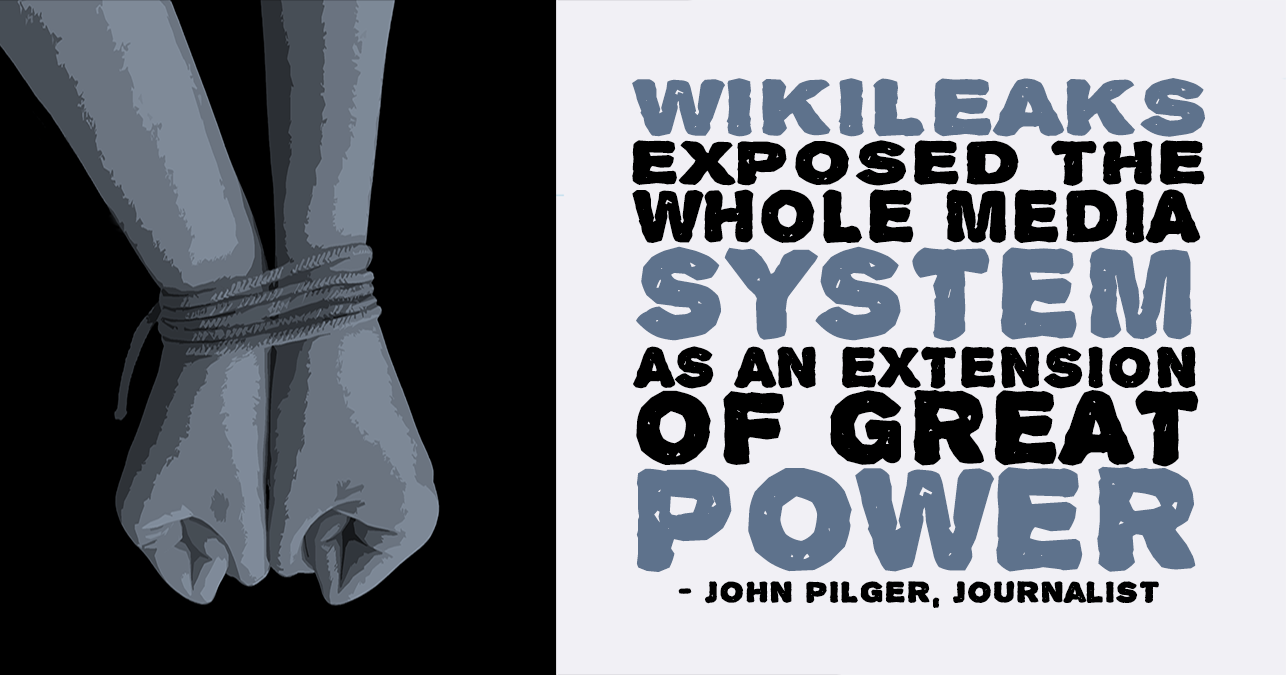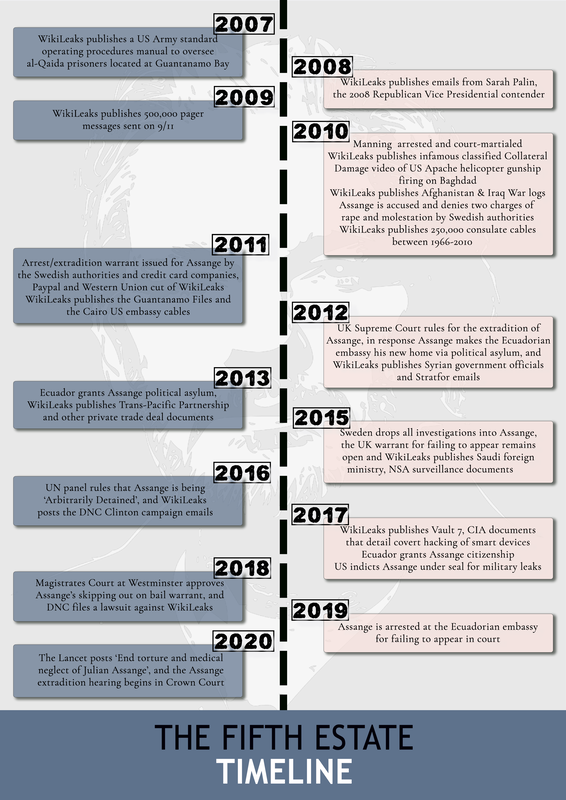NEWS COMMENTARY
IS POLITICAL CONTROL BEING EXERTED OVER JULIAN ASSANGE’S EXTRADITION PROCEEDINGS? THE GREATEST MEDIA TRIAL OF OUR TIME
The extradition trial of Julian Assange, WikiLeaks founder, editor, publisher, and activist, concluded on October 1, 2020 following 18 days of proceedings at the Old Bailey in London. Sadly, most Australians would not even be aware that this court action occurred. The right to observe the extradition trial proceedings, ruled over by Magistrate Vanessa Baraitser, was retracted from a number of pre-approved organisations, including Amnesty International, without explanation. Only a handful of journalists and the organisation, Reporters Without Borders (RSF) were given the opportunity to view and report on court testimony.
“We are alarmed by what we have witnessed in the US extradition case against Julian Assange. We firmly believe Assange has been targeted for his contributions to journalism, and the case against him is clearly a political application of the Espionage Act – which should present a bar to extradition. We also have serious humanitarian concerns, which make Assange’s extradition a possible matter of life or death. Finally, we have concerns about extensive barriers to open justice, which made it nearly impossible for us to do our jobs as NGO observers and monitor proceedings. We call again for the charges against Assange to be dropped, and for him to be immediately released – and certainly not extradited to the US.”
– Rebecca Vincent, RSF Director of Campaigns
– Rebecca Vincent, RSF Director of Campaigns
tHE PROSECUTION OF JULIAN ASSANGE
WikiLeaks came to international attention in 2010 when it published a series of leaks provided by U.S. Army intelligence analyst Chelsea Manning. These leaks included the infamous 2010 Baghdad airstrike Collateral Murder video, the Afghanistan and Iraq war logs, and Cablegate.
THE U.S. ESPIONAGE ACT HAS NEVER BEEN USED PRIOR TO PROSECUTE A JOURNALIST OR A PUBLISHER
Following the leaks, the United States government launched a criminal investigation into WikiLeaks, putting in place three indictments against Assange:
- On the 11th April 2019, the first indictment was served detailing a charge of ‘conspiracy to commit computer intrusion’.
- On the 23rd May 2019, the second indictment detailing additional charges relating to illegally obtaining, receiving, and disclosing classified information under the US Espionage Act was served.
- On the 15th August 2020, the third and replacement indictment was issued. This indictment introduced the concept that Assange was a ‘hacker’ and was not a journalist or a publisher, due to his association with Anonymous.
AssANGE'S CONTRIBUTIONS TO JOURNALISM
|
Apart from his exposure of the truth through leaks, Assange revolutionised journalism by creating a secure and fail safe method, that is, a drop box, for Whistleblowers to leave sensitive information. This meant that the Whistleblower no longer had to expose themselves to censure from the outside world, their organisation, or the system they work within.
“Julian [Assange] and WikiLeaks produced more scoops, in a short space of time, all of them authentic, all of them telling us something that we needed to know, all of them giving us a glimpse of how governments behave behind our backs … how they start wars based on lies. All of the very things that journalists are supposed to call them out on.”
– John Pilger, Australian journalist, writer, and documentary filmmaker |
Assange shames his fellow journalists and peers by releasing and participating in, REAL journalism. Journalism that exposes their lies and bias, in particular in the United States and the United Kingdom where a distinct lack of support during his time of need from journalistic sources has been noted.
“It’s criminal the way that his [Assange] story is being ignored by the mainstream media.”
– Miko Peled is an Israeli-American activist and author |
TIMELINE OF THE FIFTH ESTATE
The timeline below presents a brief explanation of the events that have led up to Assange’s extradition trial.
THE NEXT STEP FOR ASSANGE
The decision on whether Assange should be extradited to the United States will come down on January 4, 2021. If the United States wins, then Assange and his team will appeal, which will place the facts of the case in front of three London-based Court of Appeal judges.
Wherever you stand on this issue, let us hope that true justice prevails.
Wherever you stand on this issue, let us hope that true justice prevails.


